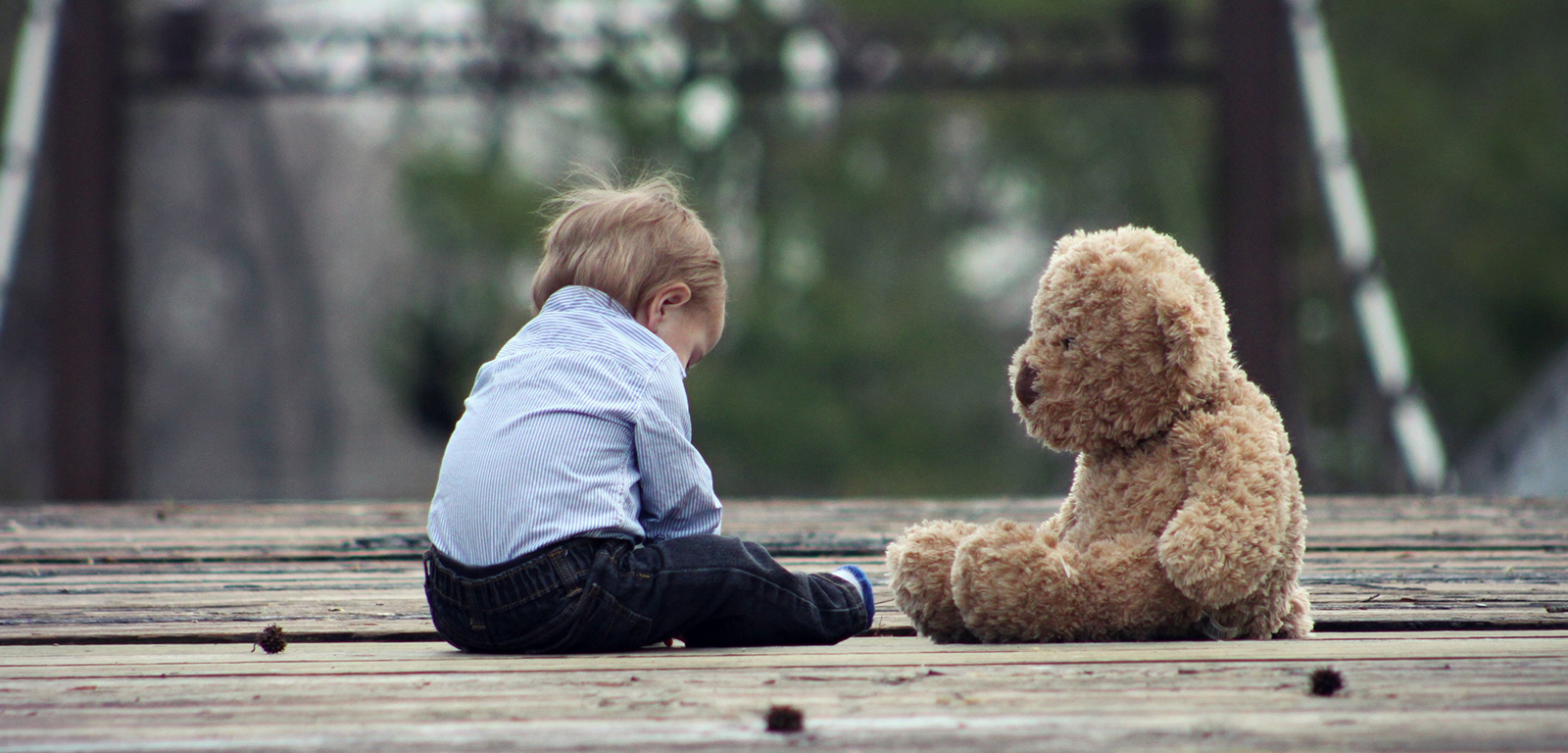Queen's research reveals children in deprived areas more likely to go into care
A new study has revealed significant inequalities in child welfare across the UK. A huge postcode disparity shows children in the least deprived areas are more likely to become involved in the child protection system.

Researchers found ‘strong social gradients’ in the rates of intervention across the four countries, with each step increase in neighbourhood deprivation bringing a significant rise in the proportion of children either ‘looked after’ in care or on a child protection plan.
Academics from Queen’s University Belfast and the universities of Coventry, Sheffield, Huddersfield, Cardiff, Edinburgh and Stirling were funded by the Nuffield Foundation to investigate data on over 35,000 children who were either in care or on the child protection plans in March 2015, when the study began.
The Child Welfare Inequalities Project's findings were fully revealed at a conference in London today. Across the UK they included evidence that each step increase in deprivation brings a rise of around a third in a child's chances of being in care.
In Northern Ireland, child protection data from all five Health and Social Care Trusts was used which included 1,845 on the child protection register and 2,882 children in care. The findings revealed that children living in the most deprived areas were six times more likely to be put on the child protection register and four times more likely to be in looked after care in Northern Ireland.
Researchers in Northern Ireland spoke with frontline social work professionals about how decisions around individual children and families were made. Poverty was often treated as a ‘taken for granted’ backdrop of practice, rather than a key focus of work to support families.
Many staff reported feeling ‘overwhelmed’ by the complex level of need they encountered in families, and did not feel that they had the power to change the inequalities that they saw.
Dr Lisa Bunting from the School of Social Sciences, Education and Social Work at Queen’s University Belfast said:
“The study has highlighted the huge disparity in child welfare across the UK. This study enables a deeper understanding of the link between neglect and poverty and the intervening factors. The evidence demonstrates that a different approach to child welfare is required; one which recognizes the impact of poverty and connects social practice with anti-poverty policies and community development initiatives to help alleviate family stress.”
Lead investigator Professor Paul Bywaters from Coventry University said:
“This is not about pointing the finger at local authorities or apportioning blame to anyone for a situation that is in critical need of attention. What we’re doing is holding up a mirror to the child welfare sector, and to the UK’s governments, and saying ‘This is how it is – now what shall we do about it?’ Our ultimate aim is to make reducing inequalities in child welfare a key policy objective, in the same way that tackling inequalities in health and education have been prioritised in recent years.”
Media
Media inquiries to Suzanne Lagan, Communications Officer at Queen’s University on 028 9097 5292 and suzanne.lagan@qub.ac.uk